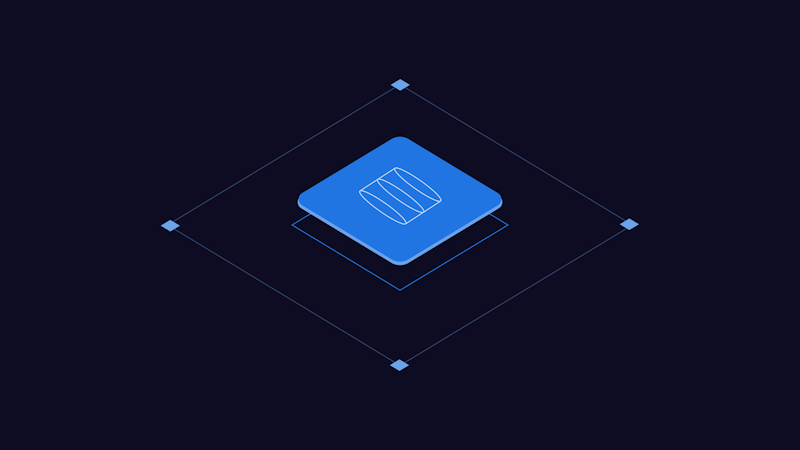At SQLite Cloud we introduced a powerful new experimental feature: the Model Context Protocol (MCP) server. This service helps you connect your SQLite Cloud database to language model agents in a simple and efficient way. There's no need to set up a separate vector database, fine-tune models, or modify your back-end. Just plug it in and go.

What Is MCP?
MCP is an open protocol that standardizes how applications provide context to large language models (LLMs). Think of MCP like a USB-C port for AI applications. Just as USB-C provides a standardized way to connect your devices to various peripherals and accessories, MCP provides a standardized way to connect AI models to different data sources and tools.
— modelcontextprotocol.io/introduction
With an MCP-compatible server, your AI agent can retrieve additional information from your files, databases or other sources. Here's a list of example servers that follow the protocol.
At a high level, the MCP server can expose three kinds of resources:
Tools: actions that can be triggered by the agent, such as retrieving data or running computations.
Prompts: templates that guide the model to complete tasks.
Resources: file-like data structures that provide readable content, such as file contents, table schemas or API responses.
MCP Server for SQLite Cloud
The MCP server for SQLite Cloud connects your database directly to an AI agent. It enables the agent to browse tables, search data using natural language, and fetch relevant content as needed.
You don't need to install a new stack or learn unfamiliar tools. Simply run the server locally, point it to your SQLite Cloud database, and start asking questions. It’s that easy.
Getting Started
First, create a database on SQLite Cloud. Once it's ready, retrieve your connection string. Then configure your MCP-compatible client—such as Cursor or GitHub Copilot—to use the SQLite Cloud MCP server.
Here’s an example configuration in JSON format:
"sqlitecloud-mcp-server": {
"type": "stdio",
"command": "npx",
"args": [
"-y",
"@sqlitecloud/mcp-server",
"--connectionString",
"<CONNECTION_STRING>"
]
}
New projects on SQLite Cloud include a demo database called chinook.sqlite. It contains tables for music tracks, albums, artists, and sales data. You can try asking your AI assistant questions like:
"What’s in my database on SQLite Cloud?"
"What are the three most popular tracks by revenue in my SQLite Cloud database?"
The AI will use the MCP server to query the database and return answers based on actual content.
Roadmap
This is just the beginning. We've implemented a small set of tools that allow the AI to interact with your SQLite Cloud database. Looking ahead, we plan to let users define custom tools and prompts—similar to Edge Functions—and support running the MCP server directly inside your SQLite Cloud Node.
Get Involved
Have questions, feedback, or ideas for improvement? Join the conversation on GitHub. Open an issue, start a discussion or contribute to the code. We’d love to hear from you.








